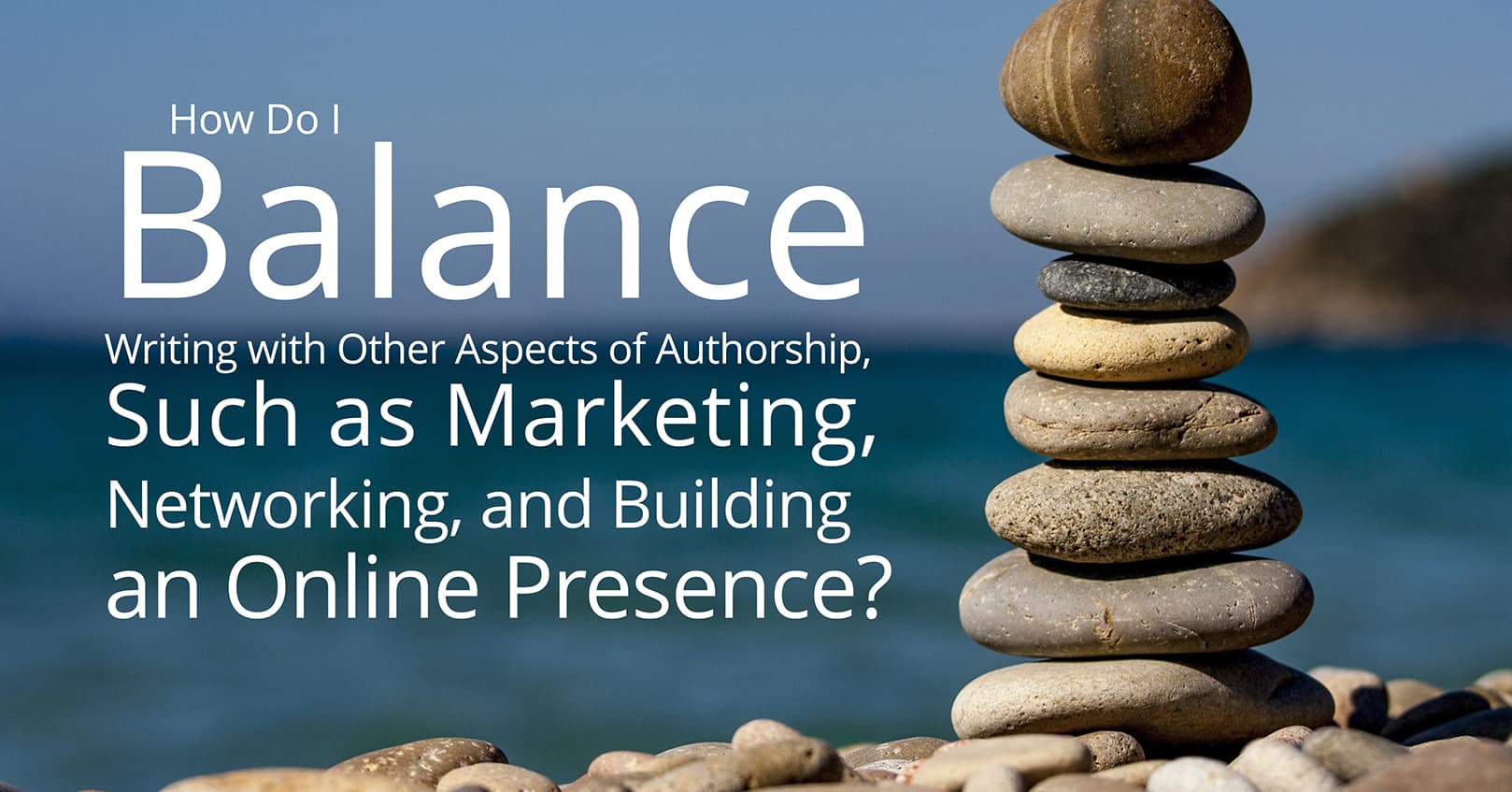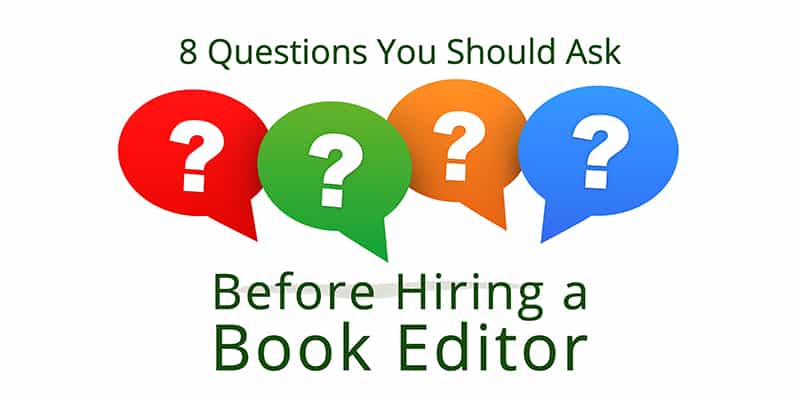
Writing a book is just the beginning of an author’s journey. In today’s digital age, authors must wear multiple hats, juggling not only their creative endeavors but also the demands of marketing, networking, and building an online presence. Balancing these various aspects of authorship can be both exciting and challenging, requiring a delicate equilibrium to maintain creativity while effectively reaching a wider audience.
Throughout this article, we will examine practical techniques to allocate time, manage priorities, and integrate the essential elements of authorship seamlessly. We will also explore the evolving trends and technologies that offer new opportunities for authors to connect with readers, build relationships, and promote their work in an increasingly interconnected world.
Whether you’re an aspiring author seeking guidance on how to embark on your writing journey or an established writer looking for strategies to better manage your authorship responsibilities, this article provides valuable insights and actionable tips to help you strike a harmonious balance.
Remember, the process of balancing writing with marketing, networking, and building an online presence is unique for each author. The key lies in finding a customized approach that aligns with your goals, values, and writing style. With the right strategies and mindset, you can nurture your creative spirit while actively engaging with the wider literary community.
How to Balance Writing with Other Responsibilities of Authorship
1. Set Priorities
Determine your priorities and allocate specific time blocks for each aspect of authorship. Create a schedule or a weekly plan that includes dedicated time allotments for writing, marketing, networking, and building an online presence. Setting clear priorities will help you stay organized and ensure that you allocate time and energy to each area.
Decide exactly how much of your time should be assigned to each activity. Do you think you should have a 50/50 split between writing time and marketing time? Then make that your priority. Divide your marketing hours among the tasks you need to get done.
Doing this will help show you how much time you really have in a week and allow you to actually prioritize your time based on what you discover. You may suddenly realize that you don’t have as much time as you thought and that another activity or marketing technique may need to be cut back for now. Don’t forget to schedule in your free time as well. All work and no play makes for quick burnout in anyone.
2. Time Management
Efficient time management is essential. Identify your most productive hours for writing and allocate them exclusively for writing activities. Use time management techniques such as the Pomodoro Technique (working in focused bursts) or time blocking (assigning specific tasks to specific time slots) to maximize your productivity. Prioritize important tasks and avoid multitasking, as it can hinder your progress.
This means that during the times set aside for one priority, turn off distractions from other things. For example, during a writing block, you should have email and phone notifications turned off so you don’t accidentally get sucked into replying to emails or scrolling Bookstagram. Writing time is writing time; there will be time to engage with readers on social media and reply to emails later during your marketing and social times.
Social media, especially, is an easy task to get lost in. Yes, social media influence is a huge factor in publishing right now that should not be ignored. However, you need to manage your time on it. Set an amount of time that you want to be on social media, and when that time is over, log out. Otherwise, you could end up replying to readers forever, scrolling mindlessly, and forgetting about other responsibilities.
Protecting dedicated time for each task will help you work more efficiently, get more done in less time, and give yourself more free time later on.
3. Create a Marketing Plan
Develop a marketing plan that outlines your goals, target audience, strategies, and tactics. This will help you focus your marketing efforts and make them more efficient. Determine the marketing activities that align with your strengths and interests, whether it’s social media engagement, author events, guest blogging, or collaborations. Implement your plan consistently but remember to balance it with your writing time.
Try not to do everything at once. We usually advise attempting only 3 to 5 of the many different marketing techniques out there at a time. As you master certain techniques, you can add more elements to your campaign as your time frees up again. No one is capable of doing everything at once.
4. Leverage Automation and Tools
Utilize automation tools and technology to streamline repetitive tasks and save time. Use social media scheduling tools to plan and schedule posts in advance. Explore email marketing platforms to automate newsletters and updates to your readers. Research tools and software that can assist with tasks like book formatting, design, or data analytics, freeing up more time for writing.
In this day and age, there’s almost an app for everything. If you dread a task or find one thing taking up a lot of your time, search to see what solutions there are to speed up the process and save yourself time and sanity.
5. Outsource and Delegate
One of the hardest things I’ve had to learn in my life is that just because I can do something, that doesn’t mean I should do that something. There is value in your time that can often be worth more than paying someone to do tedious and time-consuming tasks.
Ask yourself which things you truly need to do yourself and which things could be done by anyone for a reasonable cost. These are items you can start to think about outsourcing or delegating so you can focus on the important things.
Consider outsourcing certain tasks to professionals or enlisting the help of virtual assistants or freelancers. You may even find someone in your family or friend group that are willing to help you out with tasks.
This could include tasks like responding to emails, social media management, research, or other administrative work. Delegating non-writing responsibilities can help alleviate some of the workloads and allow you to focus on your writing while still maintaining an effective author presence.
6. Networking and Collaboration
Engage in networking activities that align with your goals and target audience. Attend conferences, workshops, and literary events where you can connect with fellow authors, industry professionals, and potential readers. Collaborate with other authors on joint projects, guest blogging, or cross-promotion. Networking and collaboration can expand your reach and open up new opportunities.
If you don’t enjoy traveling or are unable to, then we have good news for you! Virtual author events, book clubs, Q&As, and more are becoming widely popular. You can engage in these networking opportunities on your own terms from the comfort of your own home.
7. Build an Online Presence Strategically
Focus on building an online presence that aligns with your brand and goals:
Choose the social media platforms that resonate most with your target audience instead of trying to do them all.
Consider starting an author website or blog to showcase your work and provide valuable content to your audience, but choose a realistic timeframe for what and when you publish on it. You might think you will be able to pump out a blog a week easily, but it might be harder than you think. Especially when you start running out of ideas you’re passionate about. Twice a month or every other week might be a more realistic schedule.
Same with an email newsletter. It’s better to provide one quality update each month than poor updates weekly if that’s all you find time for. Especially since readers may unsubscribe from newsletters they don’t find useful or informative.
8. Self-Care and Balance
Take care of your physical and mental well-being. Set aside time for relaxation, hobbies, and spending time with loved ones. Maintain a healthy work-life balance to avoid burnout and maintain your creative energy.
You became a writer to follow your dreams and enjoy life. So don’t let writing and promoting your book cause too much stress and take up so much time that you stop enjoying it. Making time to do something you enjoy, that’s not related to being a writer and author, is crucial for your happiness and preventing burnout.
People often find it silly when I say they should schedule in free time and self-care time, but I won’t stop saying it. Working for yourself can be great because you have the flexibility to do things on your own time, but it often also means that people have a hard time turning off the work part of their life. If you don’t block out time for yourself, other things will infringe on it, and sooner or later, you’ll realize that you never end up with time for yourself.
You can do this by scheduling work versus non-work hours each day, scheduling massages or other self-care appointments, and creating a separate work area in your home so that you can leave it when it’s no longer time to work.
9. Establish Specific Goals
Set specific and realistic goals for your writing and authorship-related activities. Break down larger goals into smaller, manageable tasks. This will help you stay focused and motivated while ensuring progress in different areas and stopping you from feeling overwhelmed.
I like to set one big project goal at a time. Once I knock that project out, I move on to the next big project on my list. I find this to be an easier and more effective use of my time that trying to do a little work on several projects at once.
For example, over the course of a week or so, I sat down and wrote out all my general, holiday, and entertaining social posts for the year. I uploaded these into a scheduling tool, and now I only have to worry about current social media posts but know that even if I get too busy to post anything for a week or two, I’ll still have something publishing to keep my pages active.
This strategy may not work for you, but it works for me, and now I’m losing less time each week to social media. Finding what strategies work best for you will be key to your success.
10. Batch Similar Tasks
Group similar tasks together to increase efficiency. For example, dedicate a specific day or time block for social media engagement, another for networking activities, and another for writing blog posts or newsletters. Batching tasks helps minimize context switching and allows you to focus more deeply on each activity.
You might think you’re an amazing multi-talker, but when you focus actively on one task, you’ll probably find out you’re not as good at multi-tasking as you originally thought when you get so much more done by focusing on one thing.
11. Seek Support and Accountability
I’m the type of person who often works best when I have some sort of external pressure holding me accountable. However, as an author, you’re often left largely to yourself. This can make it easier for you to let little things slide until they build up. This can cause stress and guilt as you feel like you’re not living up to your potential and goals.
Connect with fellow writers or join writing communities where you can find support, encouragement, and accountability. Engage in writing groups, critique circles, or online forums to share experiences, exchange ideas, and receive feedback. Having a supportive network can help you stay motivated and navigate the challenges of balancing different aspects of authorship.
12. Continuously Learn and Adapt
Stay updated with industry trends, marketing strategies, and writing techniques. Attend webinars, workshops, or conferences to enhance your skills and knowledge.
Adapt your approach as needed, keeping an eye on emerging technologies, new platforms, and evolving reader preferences. Being adaptable and open to learning will help you navigate the changing landscape of authorship.
You may also learn that some of the things you’ve been doing don’t matter anymore. Eliminating out-of-date practices can give you more time to focus on newer, more effective techniques.
13. Celebrate Milestones and Successes
Recognize and celebrate your accomplishments along the way. Acknowledge milestones, big or small, to stay motivated and maintain a positive mindset. Celebrating achievements boosts morale and reinforces your commitment to the writing journey.
I like to keep a “hey, smile box” to help keep me motivated on harder days. This could be a box full of nice reviews and messages from readers or fellow authors, pictures of rewards or articles featuring your success, as well as encouraging notes from family members and friends. Anything you could pull out that will put a smile on your face, remind you of your successes, and help you remember the reasons you’re doing what you’re doing.
It’s a Process, Not a Solution
Some people plan out these systems and goals, then abandon them the first time something goes wrong. But learning to better manage your time to balance your writing responsibilities with your marketing and other authorship responsibilities is a process. You’re not going to get it perfect right off the bat, and that’s okay.
Somedays you may completely fail at your writing, marketing, and publishing goals, and that’s okay, as long as you try to do better tomorrow. A bump in the road won’t stop you from finishing your journey as long as you don’t turn off the car and give up.
Imagine if you were on a diet. Is it better to completely give up on that diet after eating a large piece of cake one day, or would it be better to acknowledge that today wasn’t the best and try to do better tomorrow? If you abandon your goal completely, you’ll never get anywhere. If you keep trying, even when you mess up, eventually you’ll realize you’ve actually made a whole lot of progress.
Finding balance is an ongoing process. It’s important to be flexible, experiment with different strategies, and find what works best for you. Each writer’s journey is unique, so trust your instincts and make adjustments as necessary. With perseverance, organization, and a well-rounded approach, you can effectively balance writing with other aspects of authorship and achieve your goals.
Do you have any tips for balancing writing with the other duties of authorship that work great for you? Share with us in the comments below!
Happy writing.
















Comments